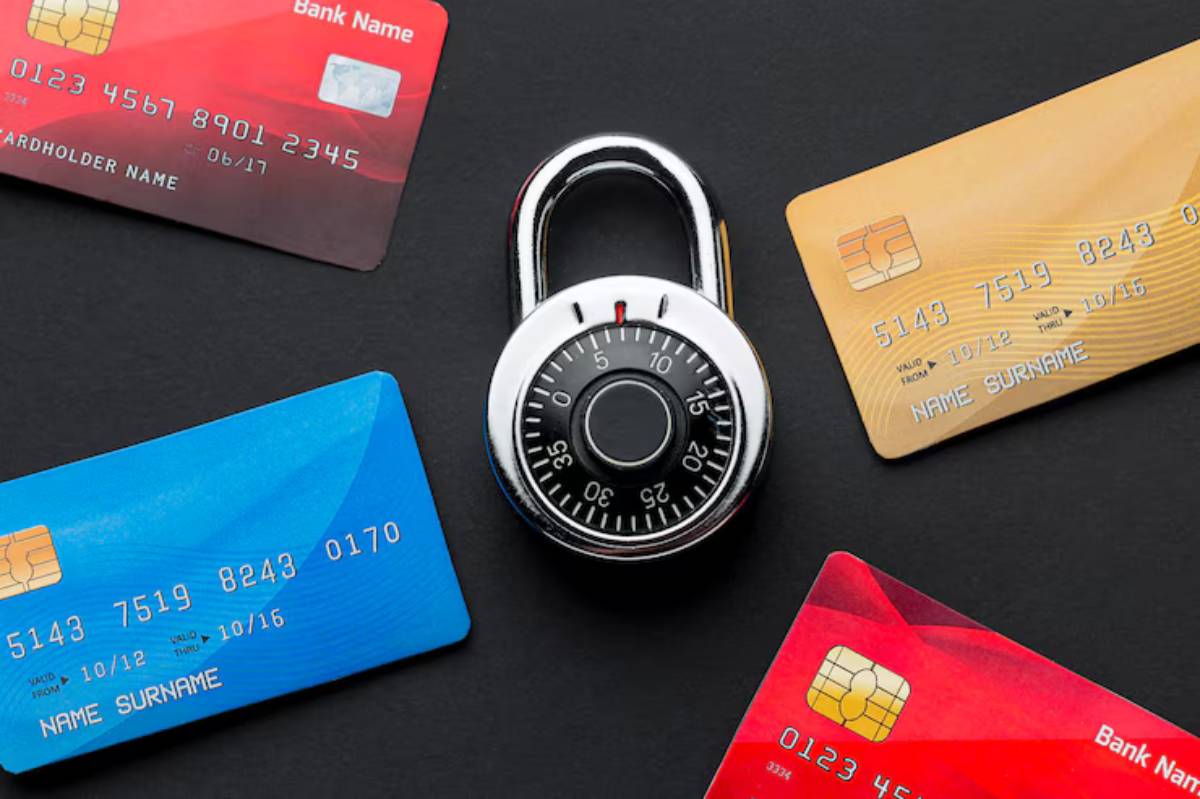
Disputing Errors on Your Credit Report
Your credit report holds the key to many important life decisions. Lenders, landlords, and sometimes even employers review it to judge your financial reliability. But what happens if it contains a mistake? An error, even a small one, can seriously affect your credit score and financial opportunities.
The good news? You have the right to fix it.
This guide walks you through the dispute process so you can correct any credit report errors and protect your financial reputation with confidence.
Why Credit Reports Sometimes Contain Errors
Credit reports are compiled from data sent by lenders, banks, and other financial institutions. Mistakes can happen for several reasons:
- Typing errors when entering account information
- Outdated account status
- Incorrect reporting of payments
- Identity mix-ups with people who have similar names
- Accounts listed that don’t belong to you
The Impact of Credit Report Errors
Incorrect information can damage your credit in several ways:
- Lowering your score
- Denying you access to loans or credit cards
- Raising your interest rates
- Reducing your credit limits
- Affecting rental or job applications
A single error can lead to higher costs and missed opportunities. That’s why credit correction should be a priority.
Spot Credit Report Errors

You can’t dispute what you don’t see. That’s why it’s smart to monitor your report regularly.
Check your report for:
- Misspelled names or wrong addresses
- Duplicate accounts
- Incorrect account balances
- Wrong payment dates
- Accounts you never opened (possible fraud)
- Outdated closed accounts showing as open
You can request free credit reports from:
- Experian
- Equifax
- TransUnion
In the UK, services like ClearScore and Credit Karma offer ongoing free access.
Want to become a credit pro? Read our guide on Avoiding Common Credit Card Pitfallsto stay one step ahead.
The Dispute Process
If you spot a mistake, follow these steps to start the dispute process.
Step 1: Gather Evidence
Prepare documentation that supports your claim:
- Bank statements
- Loan or credit card agreements
- Proof of identity
- Payment records
- Communication with your lender
Having clear evidence makes the process faster and smoother.
Step 2: Contact the Credit Bureau
File your dispute with the credit bureau that holds the error. You can contact them online, by phone, or by mail. Most people find online submissions to be the fastest.
What to Include:
- Your name and contact information
- A copy of your credit report highlighting the error
- A clear explanation of what is wrong
- Copies (not originals) of supporting documents
The bureau is required by law to investigate within 30 days.
Step 3: Notify the Lender or Creditor
Contact the company that provided the incorrect information. They may be able to fix the error directly, speeding up your credit correction.
Step 4: Wait for the Investigation

The credit bureau will:
- Contact the lender to verify the information
- Review your documents
- Update or remove the disputed item if it’s found to be inaccurate
You will receive the results of the investigation in writing. If changes are made, you’ll also receive a free copy of your corrected report.
Step 5: Follow Up
If the error is not corrected and you still disagree:
- Request that a statement of dispute be added to your report
- Consider filing a complaint with your local financial regulator or the Financial Ombudsman Service in the UK
What Happens After the Error Is Fixed?
When a dispute is resolved in your favour:
- The incorrect information is removed or updated
- Your score may improve (especially if it involved late payments or collection accounts)
- Your report becomes more accurate for future credit checks
How Long Does the Credit Correction Process Take?
The timeline generally looks like this:
- You file your dispute
- The bureau investigates within 30 days
- You receive a written decision
- If corrected, the update appears within the next reporting cycle (usually within a few weeks)
Total time: 30–45 days on average.
Can Disputing an Error Hurt Your Credit Score?
No. Filing a dispute does not lower your score. It is your legal right to challenge inaccurate information on your report.
However:
- While under investigation, the disputed item may still appear
- Once resolved, the correction can improve your score if the error involved negative information
Common Mistakes to Avoid During the Dispute Process
Not Checking All Three Bureaus
Errors on one report may not appear on another. Check Experian, Equifax, and TransUnion.
Not Keeping Records
Always save copies of what you send and the replies you get.
Not Being Clear
Explain the issue simply and attach clear evidence. Avoid unnecessary details.
Assuming the Issue Is Fixed Automatically
Follow up until you receive written confirmation that the correction has been made.
Proactive Steps to Prevent Credit Report Errors
While some errors are beyond your control, these habits help reduce your risk:
- Review your report at least once a year
- Check your report before applying for major loans or mortgages
- Pay bills on time to avoid disputed late payments
- Notify lenders immediately if your personal information changes
The Role of Credit Monitoring in Dispute Prevention
Credit monitoring services can alert you to sudden changes on your report, which may signal errors or fraud. Many apps offer instant alerts when new accounts are opened or your credit score suddenly drops.
Using credit monitoring gives you a head start on protecting your financial health.
Stay In Control of Your Credit Health
Credit report errors are more common than many people realise. They don’t have to derail your finances — but they must be addressed quickly.
By following the simple dispute process, you can resolve mistakes and ensure your report reflects the real you. Regular checks, combined with fast action when needed, offer the best protection against long-term credit correction headaches.
Want to become a credit pro? Read our guide on How to Monitor Your Credit Score Regularly to stay one step ahead.


